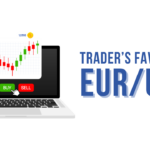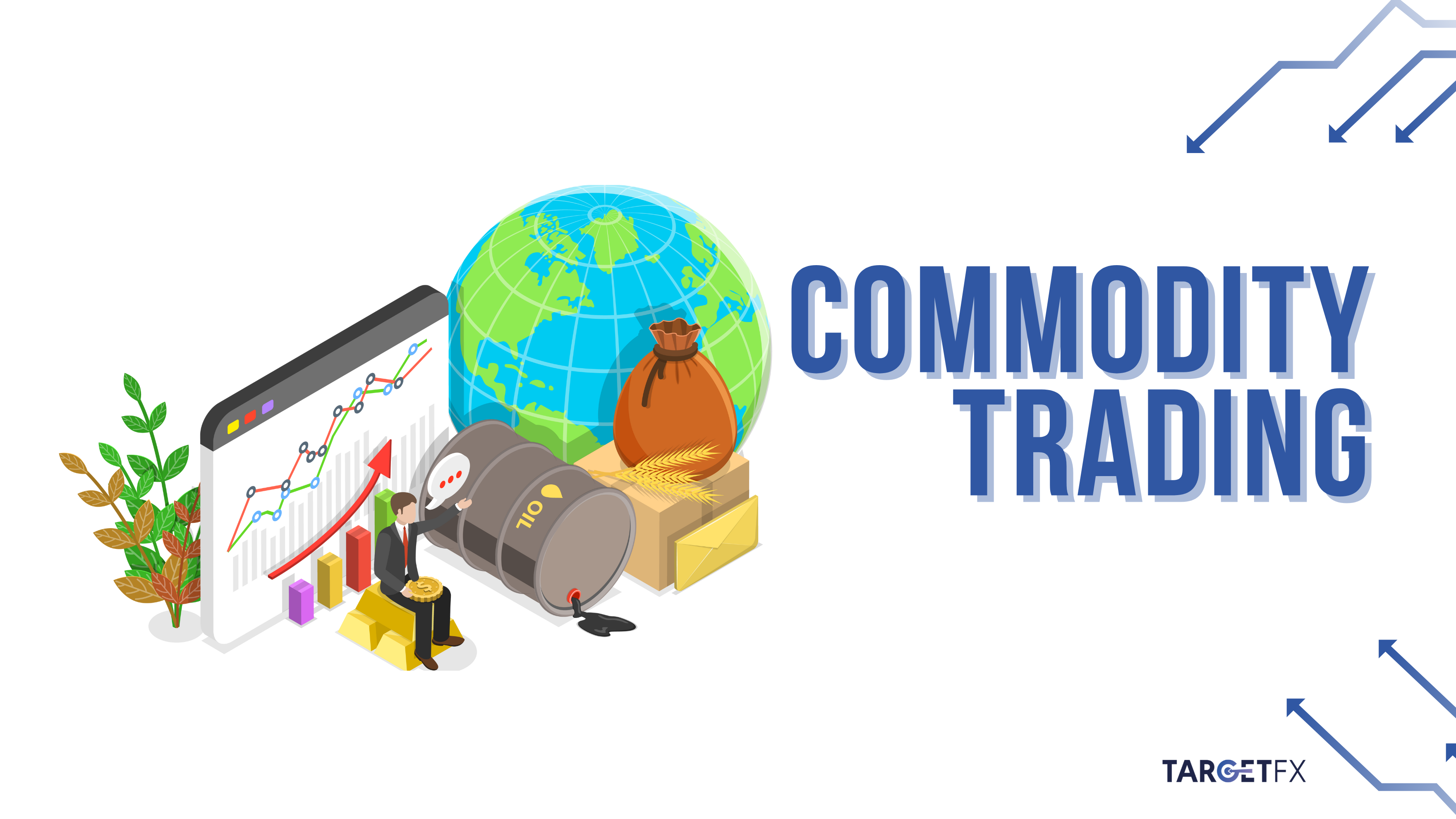Commodity Trading
Introduction
Commodity trading, though often overshadowed by stock and forex markets, plays a crucial role in the global economy. But what exactly is commodity trading? Simply put, it involves buying and selling raw materials such as oil, gold, wheat, or coffee. These raw materials, also called commodities, are essential to everyday life and are traded on specific exchanges worldwide.
Commodity trading is important because it allows businesses to manage risks, hedge against price fluctuations, and provide liquidity in the market. Whether you’re a newbie looking to explore this exciting avenue or an experienced trader wanting a refresher, this guide will help you understand the ins and outs of commodity trading.
Types of Commodities Traded
Commodities fall into two main categories: hard commodities and soft commodities.
- Hard Commodities: These are natural resources extracted from the earth, such as gold, oil, and natural gas.
- Soft Commodities: These are agricultural products like wheat, coffee, and cotton, which are grown rather than mined.
Some of the most popular commodities traded globally include:
- Crude Oil: Vital for energy and transportation.
- Gold: A safe-haven investment during times of economic uncertainty.
- Natural Gas: A key energy source.
- Coffee: A leading agricultural commodity.
- Wheat: A staple food product worldwide.
Understanding Commodity Markets
There are two main types of commodity markets: spot markets and futures markets.
- Spot Markets: These involve immediate transactions where commodities are bought and sold at current market prices.
- Futures Markets: These are where traders buy and sell commodity contracts for future delivery at a predetermined price. This market helps both buyers and sellers hedge against future price fluctuations.
Key Players in Commodity Trading
There are several key participants in the commodity markets:
- Producers and Consumers: These are businesses and organizations that either produce or use commodities in their operations, such as oil companies and manufacturers.
- Traders: Traders buy and sell commodities for profit, often using both spot and futures markets.
- Speculators: Speculators do not take possession of the commodity but aim to profit from price movements by buying low and selling high.
How Commodity Trading Works
Commodity trading is facilitated by commodity exchanges such as the New York Mercantile Exchange (NYMEX), Multi Commodity Exchange (MCX), and London Metal Exchange (LME). These exchanges provide a marketplace for buyers and sellers to trade commodities, either directly or through brokers and online trading platforms.
Brokers play a vital role in connecting traders to these markets, offering platforms where individuals can place orders, access market data, and manage their positions.
Why Invest in Commodities?
Investing in commodities offers several key benefits:
- Hedge Against Inflation: Commodities tend to rise in price during inflationary periods, making them a valuable asset for protecting wealth.
- Portfolio Diversification: Including commodities in an investment portfolio can reduce risk by diversifying beyond stocks and bonds.
Risks Associated with Commodity Trading
While commodity trading offers potential rewards, it also comes with significant risks:
- Price Volatility: Commodity prices can be highly volatile, fluctuating due to factors like geopolitical events, natural disasters, and changes in supply and demand.
- Geopolitical Risks: Events such as wars, sanctions, and trade restrictions can have an immediate and profound impact on commodity markets.
Commodity Trading Strategies
To succeed in commodity trading, it’s important to understand different strategies:
- Long and Short Positions: Traders can take a long position (betting the price will rise) or a short position (betting the price will fall).
- Fundamental vs. Technical Analysis: Fundamental analysis involves evaluating supply and demand factors, while technical analysis relies on price charts and patterns to make trading decisions.
Popular Commodity Exchanges
Several major commodity exchanges operate worldwide, providing platforms for trading a range of commodities:
- NYMEX (New York Mercantile Exchange) is one of the largest commodity exchanges for energy products.
- MCX (Multi Commodity Exchange) is India’s leading commodity exchange, known for trading metals and agricultural products.
- LME (London Metal Exchange) focuses on base metals like copper and aluminum.
Commodity Futures Contracts
A futures contract is an agreement to buy or sell a commodity at a specific price on a future date. Futures are essential in commodity trading as they allow traders to speculate on price movements or hedge against price risks.
Understanding the mechanics of futures contracts, including contract expiration and settlement, is crucial for traders. Futures contracts can either be settled through physical delivery of the commodity or through cash settlement.
Factors Influencing Commodity Prices
Several factors affect commodity prices, including:
- Supply and Demand: Basic economic principles of supply and demand drive commodity prices. When supply is low and demand is high, prices tend to rise.
- Weather: Adverse weather conditions can disrupt agricultural production, affecting prices.
- Geopolitical Events: Wars, sanctions, and political instability can create uncertainties and drive price fluctuations.
- Technological Advances: Innovations that affect production processes or create new uses for commodities can also impact prices.
Regulations in Commodity Trading
Commodity markets are heavily regulated to ensure fair practices and protect traders from fraud. Regulatory bodies, such as the Commodity Futures Trading Commission (CFTC) in the U.S., oversee commodity exchanges and traders, ensuring that the market operates transparently and efficiently.
How to Get Started with Commodity Trading
Here’s a simple step-by-step guide for beginners:
- Educate Yourself: Understand the basics of commodities and how trading works.
- Choose a Broker: Look for a broker who offers a solid trading platform, access to global exchanges, and competitive fees Sign Up Here
- Practice with a Demo Account: Many brokers offer demo accounts to help you practice trading without risking real money. Open Demo
- Start Small: Begin with a small investment to gain experience and gradually increase your trading as you become more comfortable.
Best Practices for Successful Commodity Trading
Success in commodity trading requires discipline and a solid strategy:
- Manage Risks: Use stop-loss orders and other risk management tools to minimize potential losses.
- Keep Up with Market Trends: Stay informed about market news and trends that could impact commodity prices.
Categories
- Trading (11)
- Trading 101 (5)
Latest posts
-
 September 27, 2024
September 27, 2024 -
 September 20, 2024
September 20, 2024Understanding Leverage in Online Trading

